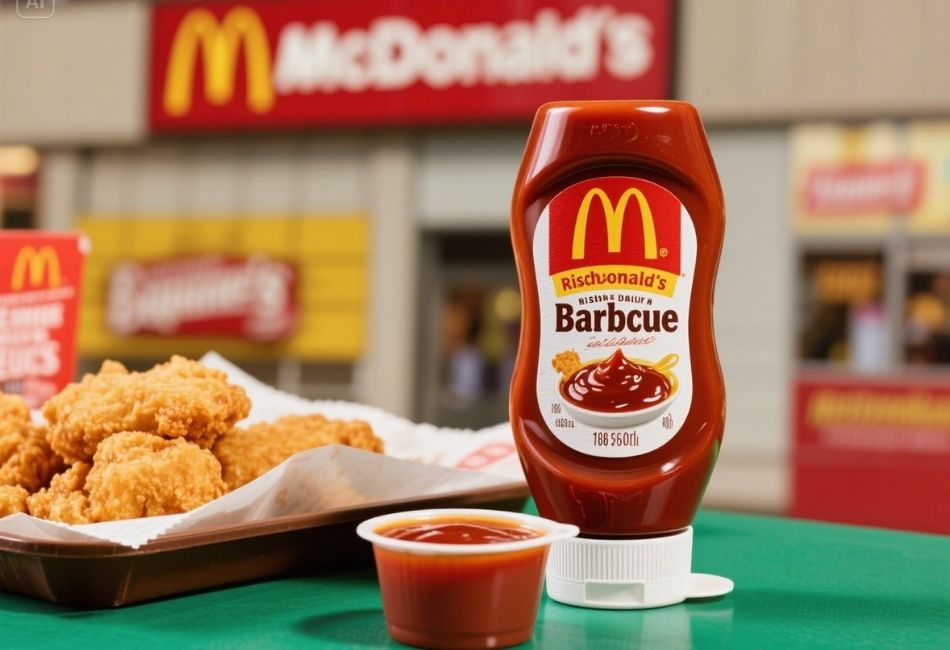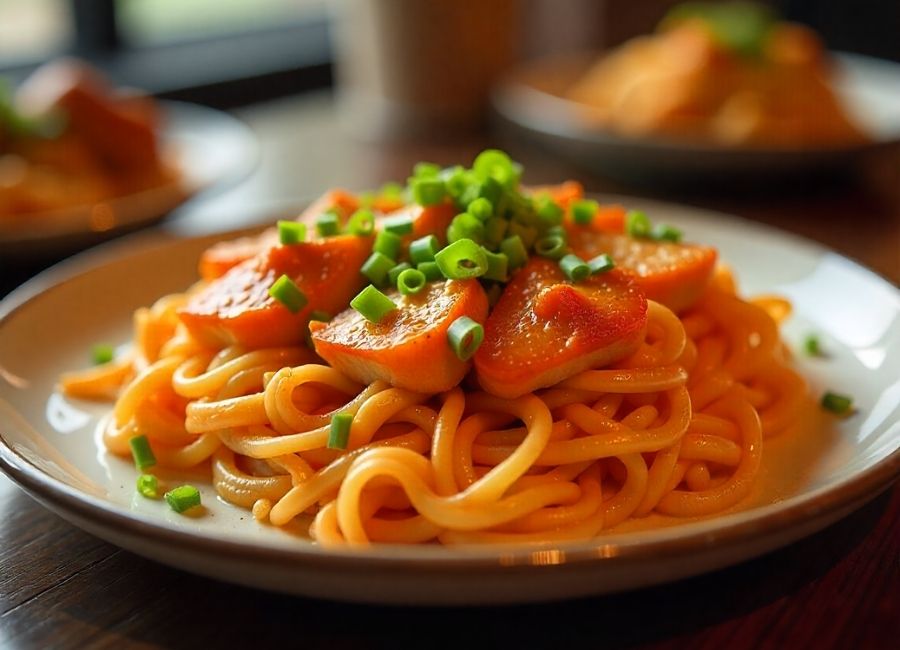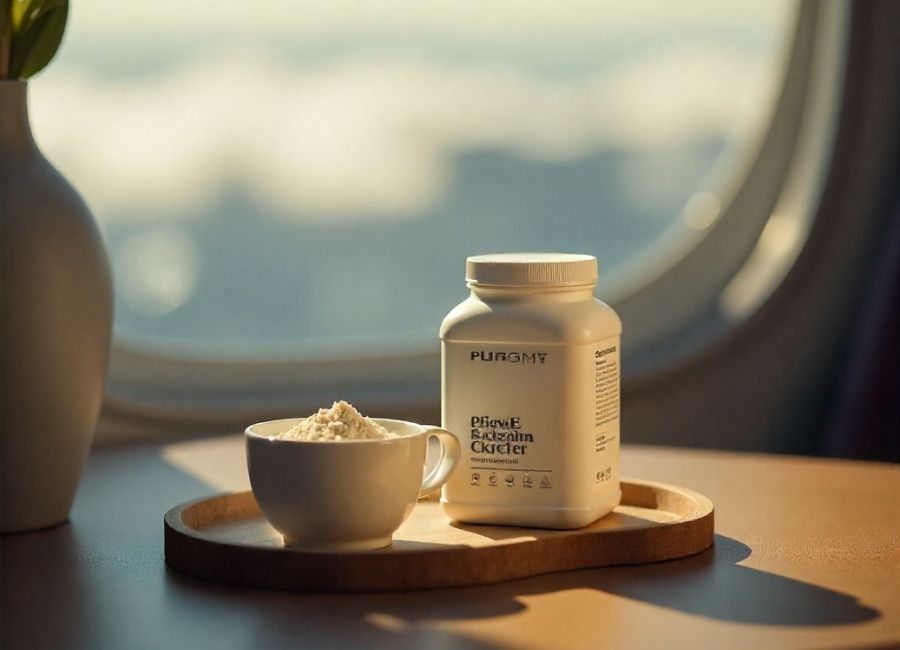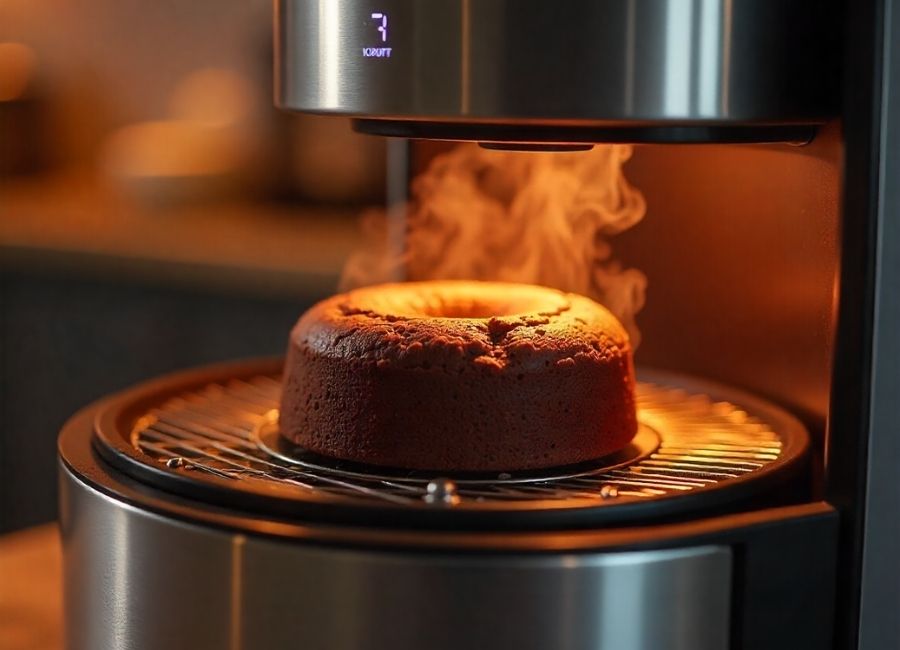McDonald’s has served billions of customers worldwide, but few menu items have sparked as much nostalgia and debate as their barbecue sauce. This tangy condiment has undergone numerous transformations throughout the decades, leaving fans wondering what happened to their beloved dipping sauce and whether it will ever return to its former glory.
The story of McDonald’s barbecue sauce reveals how even the smallest menu changes can create lasting memories and passionate customer loyalty.
The Golden Era of McDonald’s BBQ Sauce
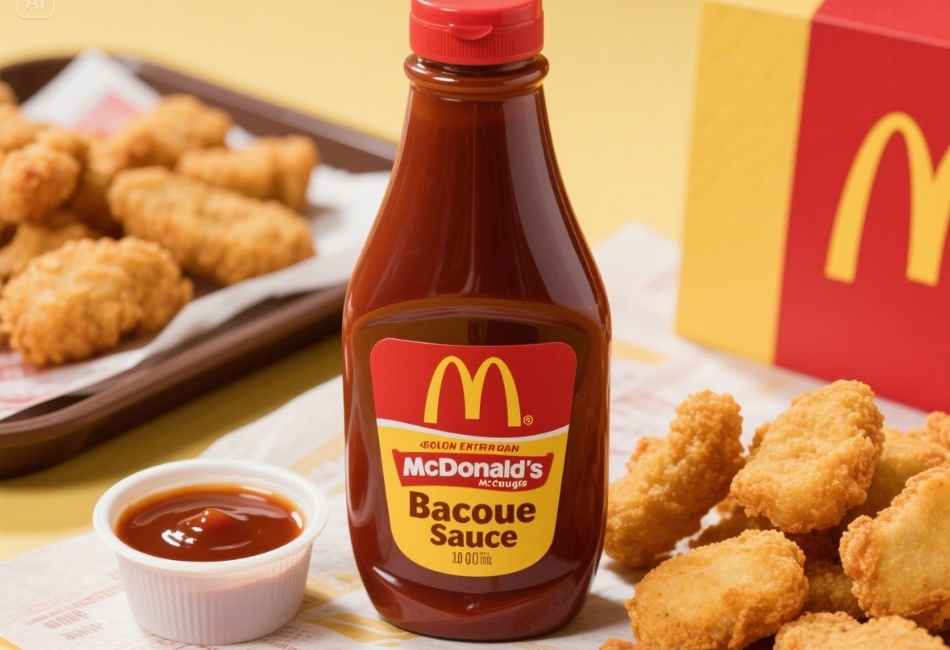
McDonald’s first introduced barbecue sauce in the 1980s as part of their Chicken McNuggets launch. The original formula featured a smoky, tangy flavor profile that perfectly complemented the crispy nuggets. Unlike many fast-food barbecue sauces that leaned heavily toward sweetness, McDonald’s version struck a balance between smokiness and tanginess that set it apart from competitors.
The sauce quickly became a fan favorite, with many customers requesting extra packets to take home. Some even used it as a condiment for other menu items, from fries to burgers, proving its versatility beyond its intended nugget-dipping purpose.
Recipe Changes and Customer Backlash
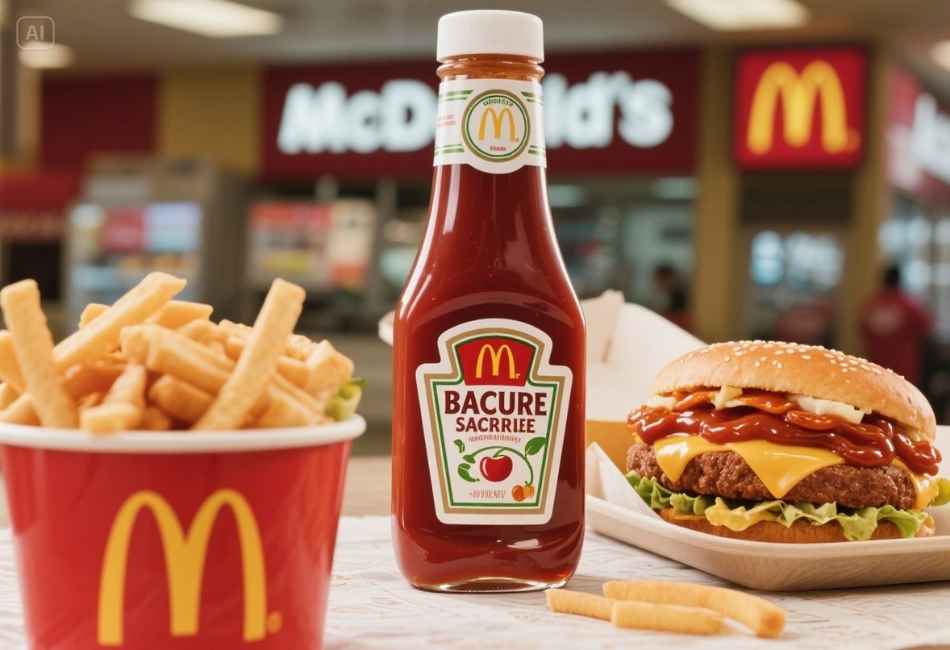
Over the years, McDonald’s has modified their barbecue sauce recipe multiple times, often without fanfare or announcement. These changes are typically aimed at reducing costs, improving shelf life, or aligning with evolving health standards. However, each modification seemed to move further away from the beloved original formula.
The most significant change occurred in the early 2000s when McDonald’s reformulated the sauce to be sweeter and less smoky. Long-time customers immediately noticed the difference, leading to complaints on social media and customer feedback forms. Many described the new version as “too sweet” or “artificial tasting” compared to the original.
The Szechuan Sauce Phenomenon
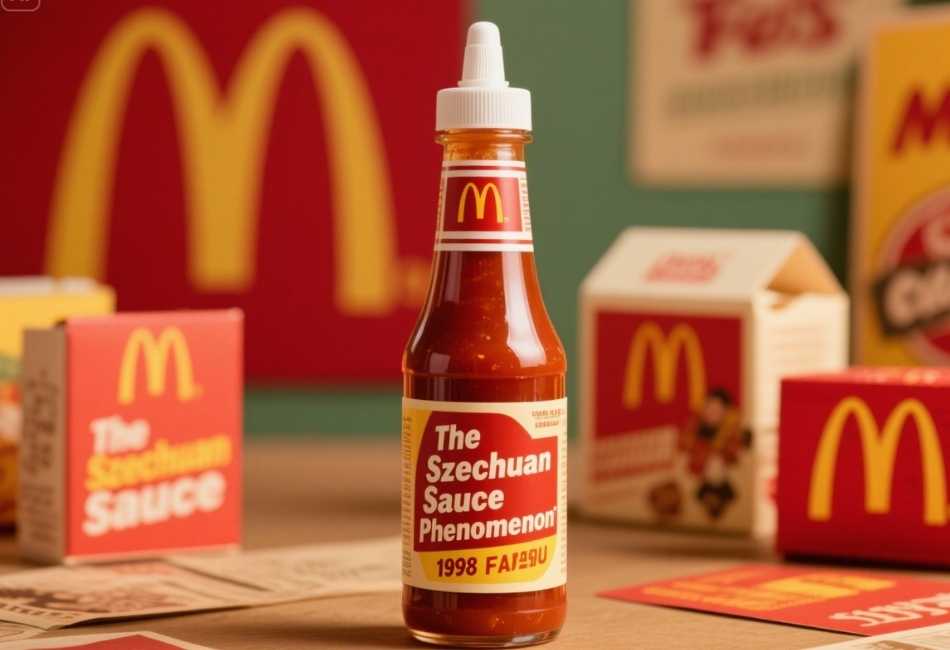
McDonald’s barbecue sauce gained renewed attention during the 2017 Szechuan sauce controversy. When the company brought back its limited-edition Szechuan sauce (originally from 1998), fans began reminiscing about other discontinued or changed McDonald’s sauces, including the original barbecue formula.
This event highlighted how deeply customers connect with fast-food condiments and how recipe changes can affect brand loyalty. Social media campaigns emerged, with fans sharing memories of the “good old days” of McDonald’s barbecue sauce and calling for the company to bring back the original recipe.
Current Status and Variations

McDonald’s currently offers barbecue sauce in most locations, but the formula varies by region. Some international markets feature versions closer to the original smoky profile, while others maintain the sweeter American formulation. This inconsistency has led to an underground network of McDonald’s sauce enthusiasts who trade information about which locations serve the “better” version.
The sauce remains available as a dipping option for nuggets, but it no longer holds the prominent place it once did in McDonald’s condiment lineup. New sauce flavors like Sweet ‘N Sour, Honey Mustard, and various limited-time options have diversified the selection, potentially diminishing barbecue sauce’s significance.
What Made the Original Special
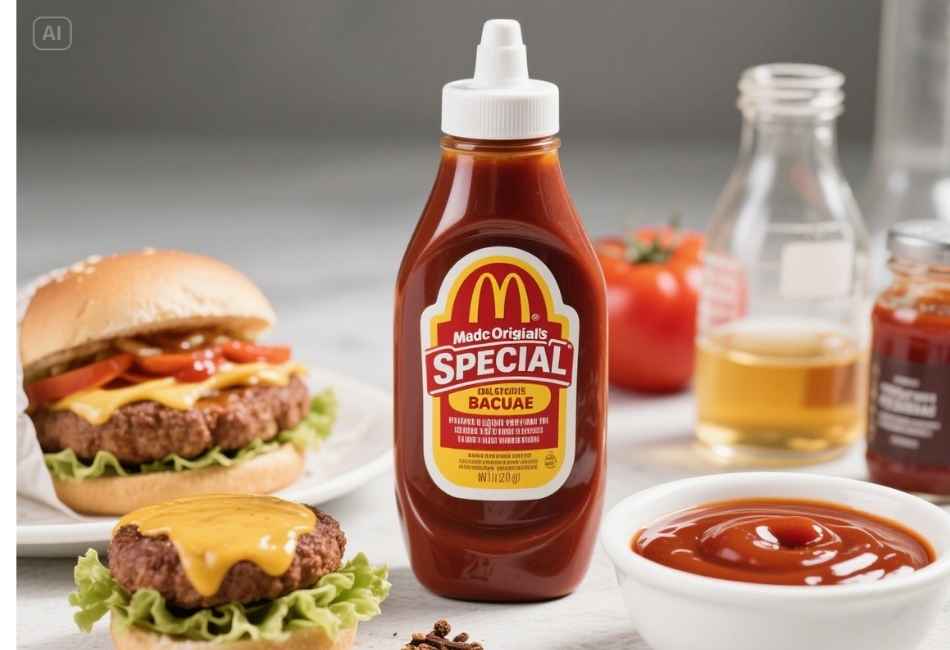
Food scientists and flavor experts suggest that McDonald’s original barbecue sauce succeeded because of its complexity. The formula likely included liquid smoke, vinegar, tomato paste, and various spices that created layers of flavor rather than relying solely on sweetness.
The original sauce also had a thinner consistency that clung well to nuggets without being overwhelming. This texture allowed the barbecue flavor to enhance rather than mask the chicken taste, creating a harmonious eating experience that many customers still remember fondly.
The Future of McDonald’s Barbecue Sauce
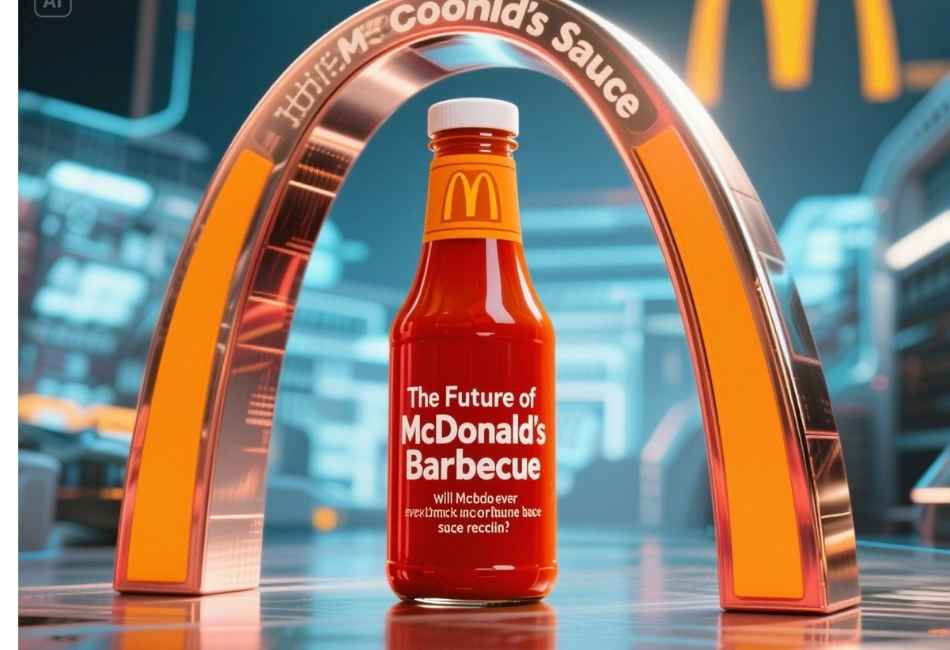
Will McDonald’s ever bring back their original barbecue sauce recipe? The company has shown willingness to revisit past menu items, as evidenced by periodic returns of discontinued burgers and limited-time sauces. However, food production costs, supplier relationships, and current consumer preferences all factor into such decisions.
Customer demand remains strong, with online petitions and social media campaigns regularly calling for the original recipe’s return. Some food bloggers have even attempted to reverse-engineer the original formula, sharing copycat recipes that claim to recreate the beloved flavor.
Why It Matters
The McDonald’s barbecue sauce story illustrates how food memories shape our relationship with brands. A simple condiment became a touchstone for childhood experiences and family meals, demonstrating that even minor menu changes can have a lasting emotional impact.
For McDonald’s, the barbecue sauce situation represents both a missed opportunity and a potential marketing goldmine. Bringing back the original recipe could generate significant goodwill and media attention, similar to other successful retro product launches in the food industry.
Whether McDonald’s will ever return to their original barbecue sauce formula remains uncertain, but the passionate fan base ensures this tangy tale will continue to simmer in the collective memory of fast-food history.






